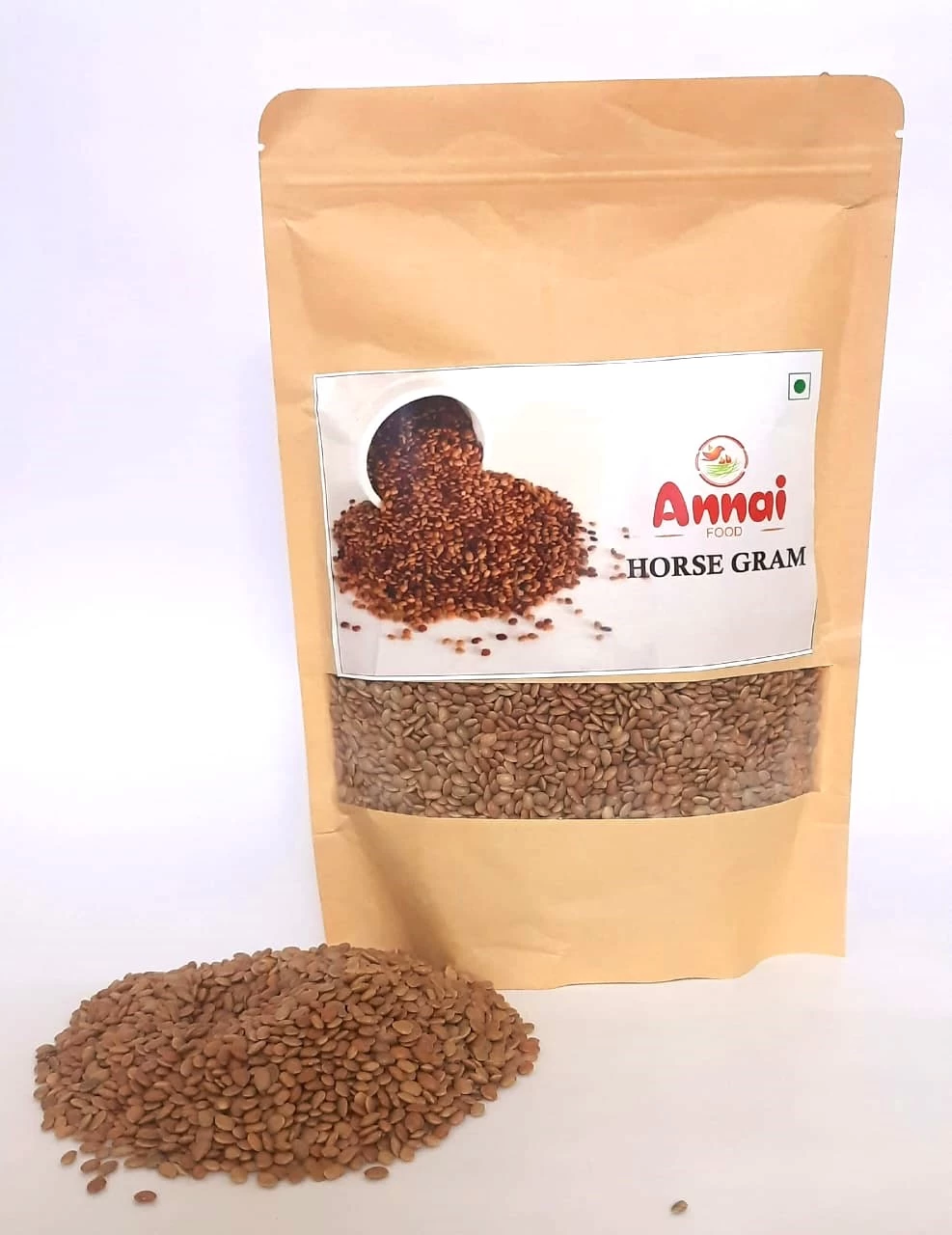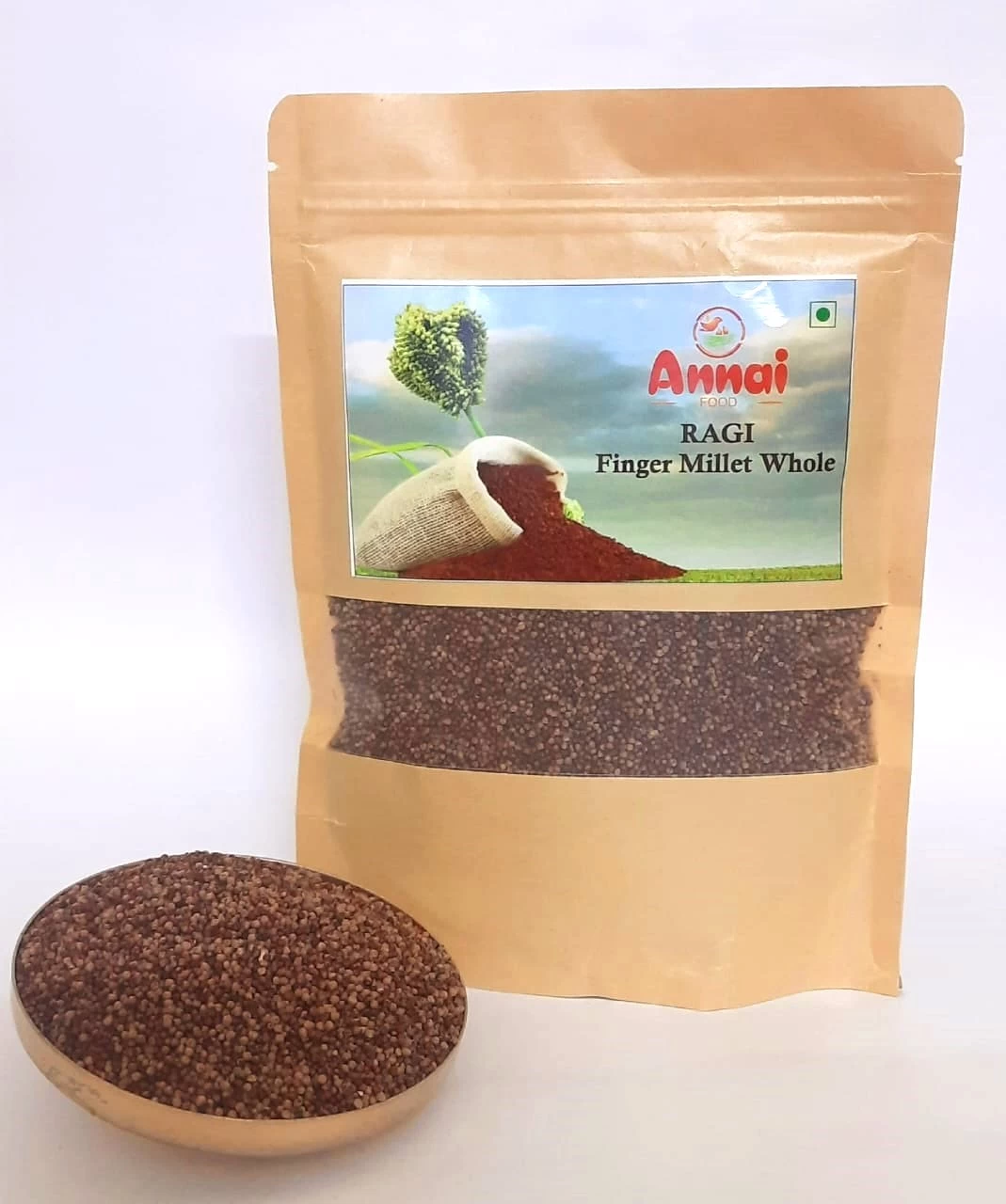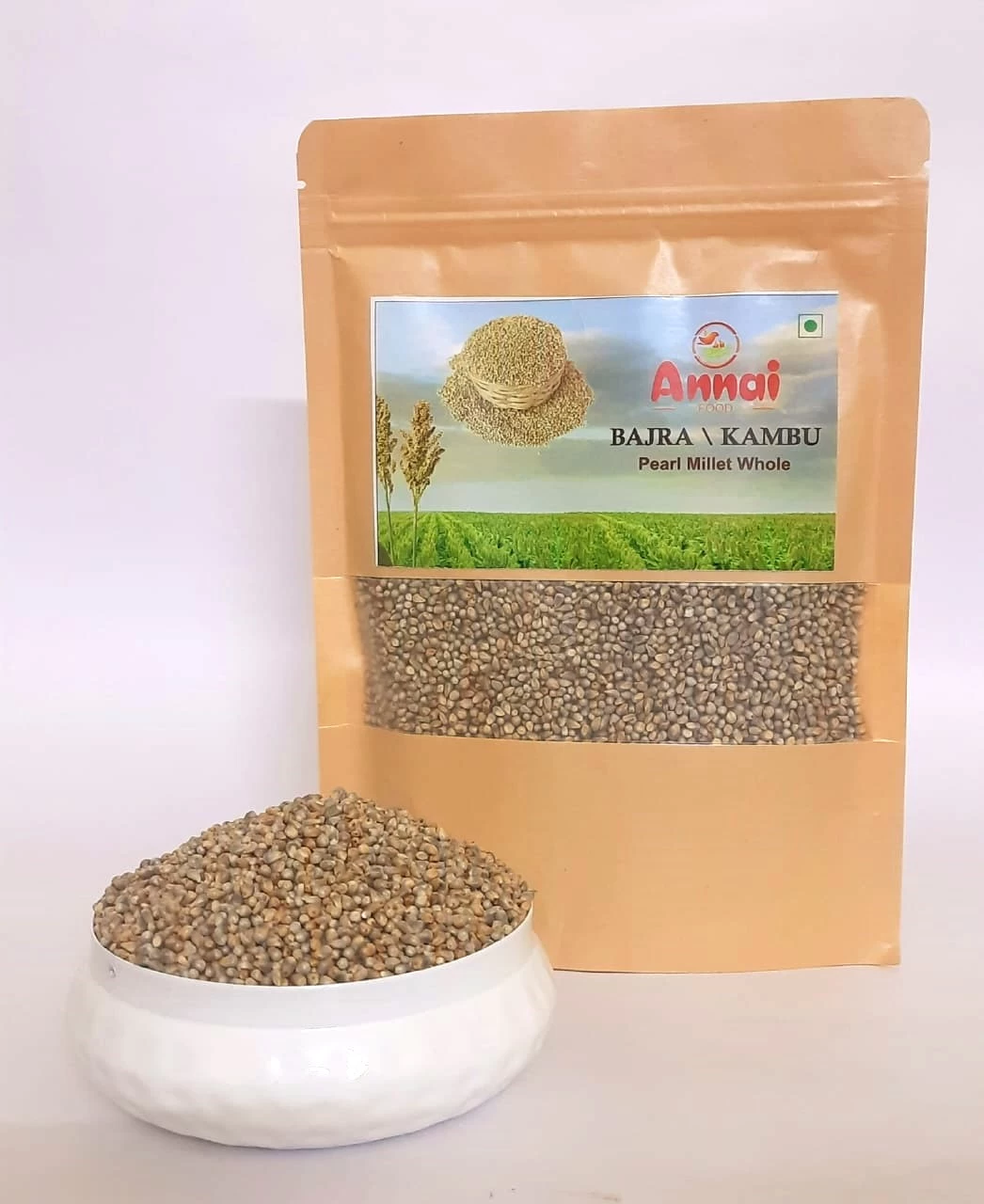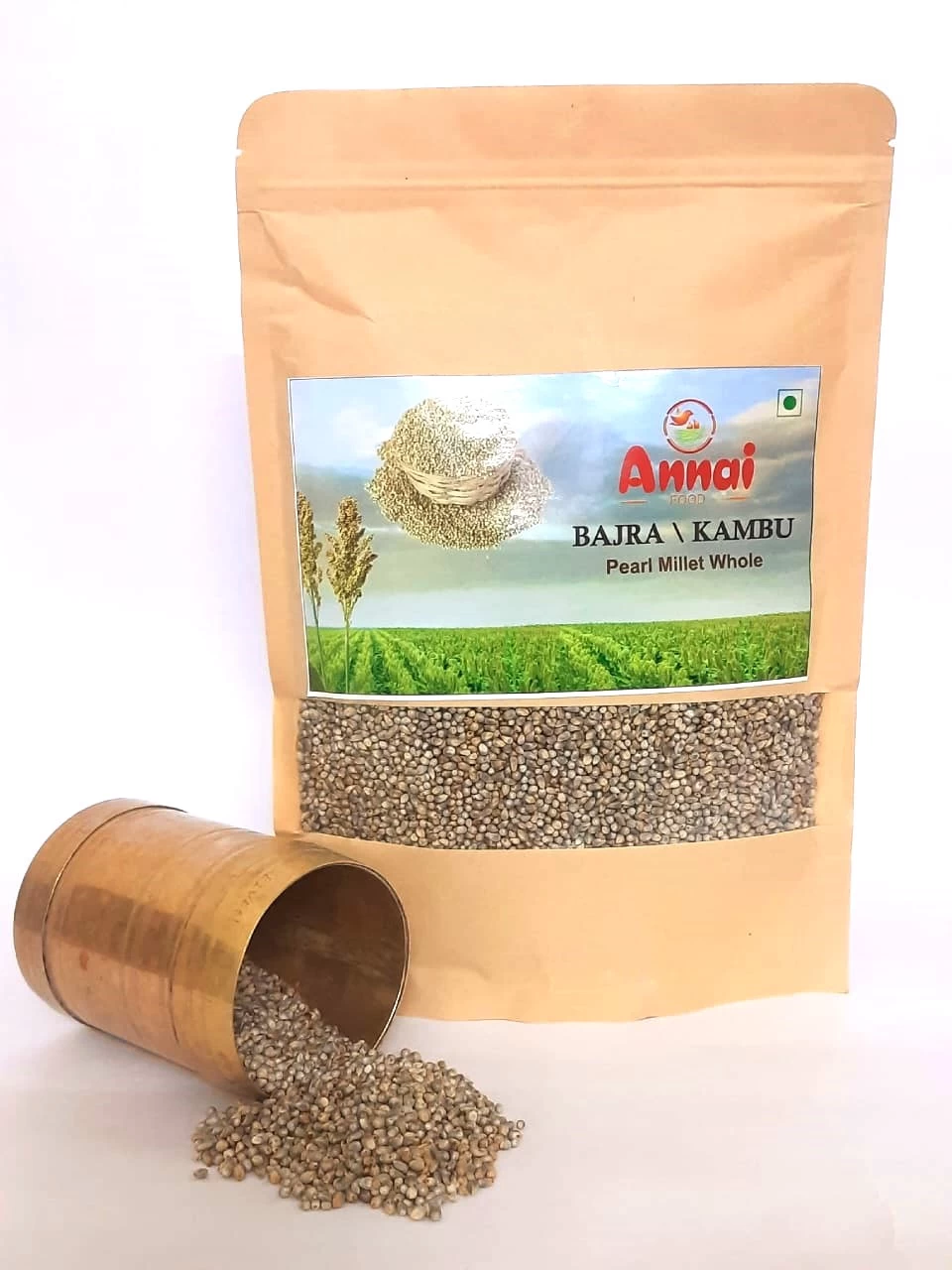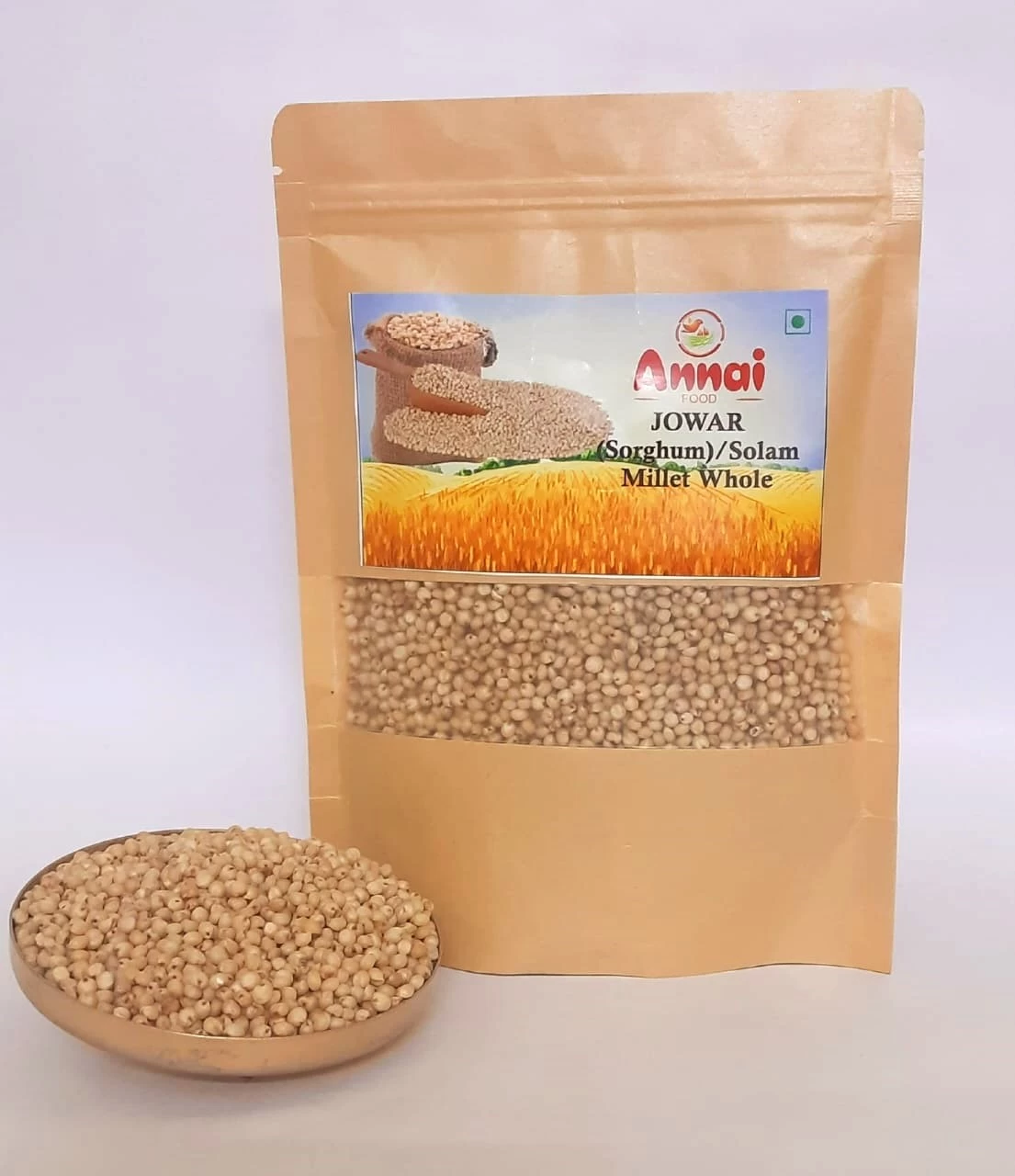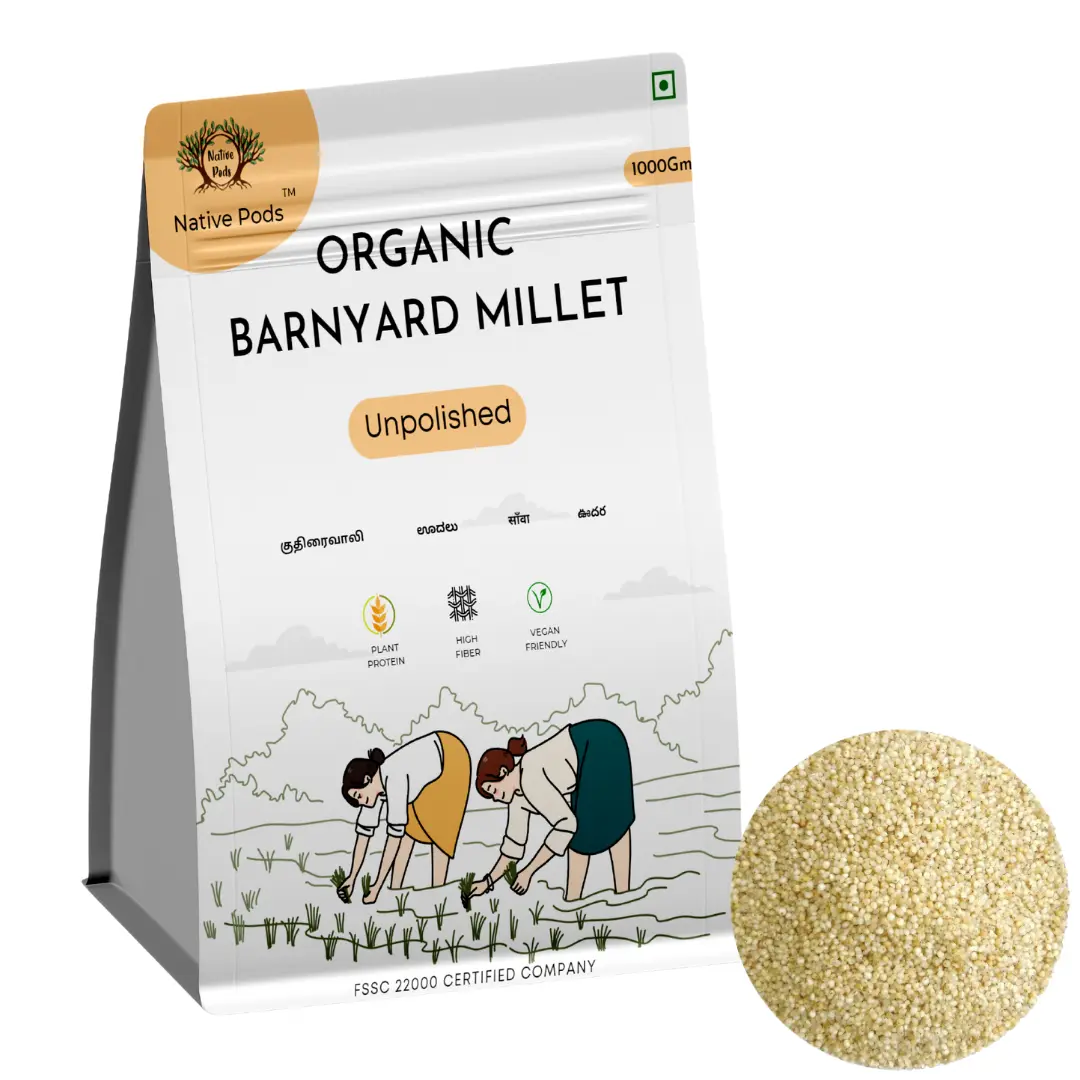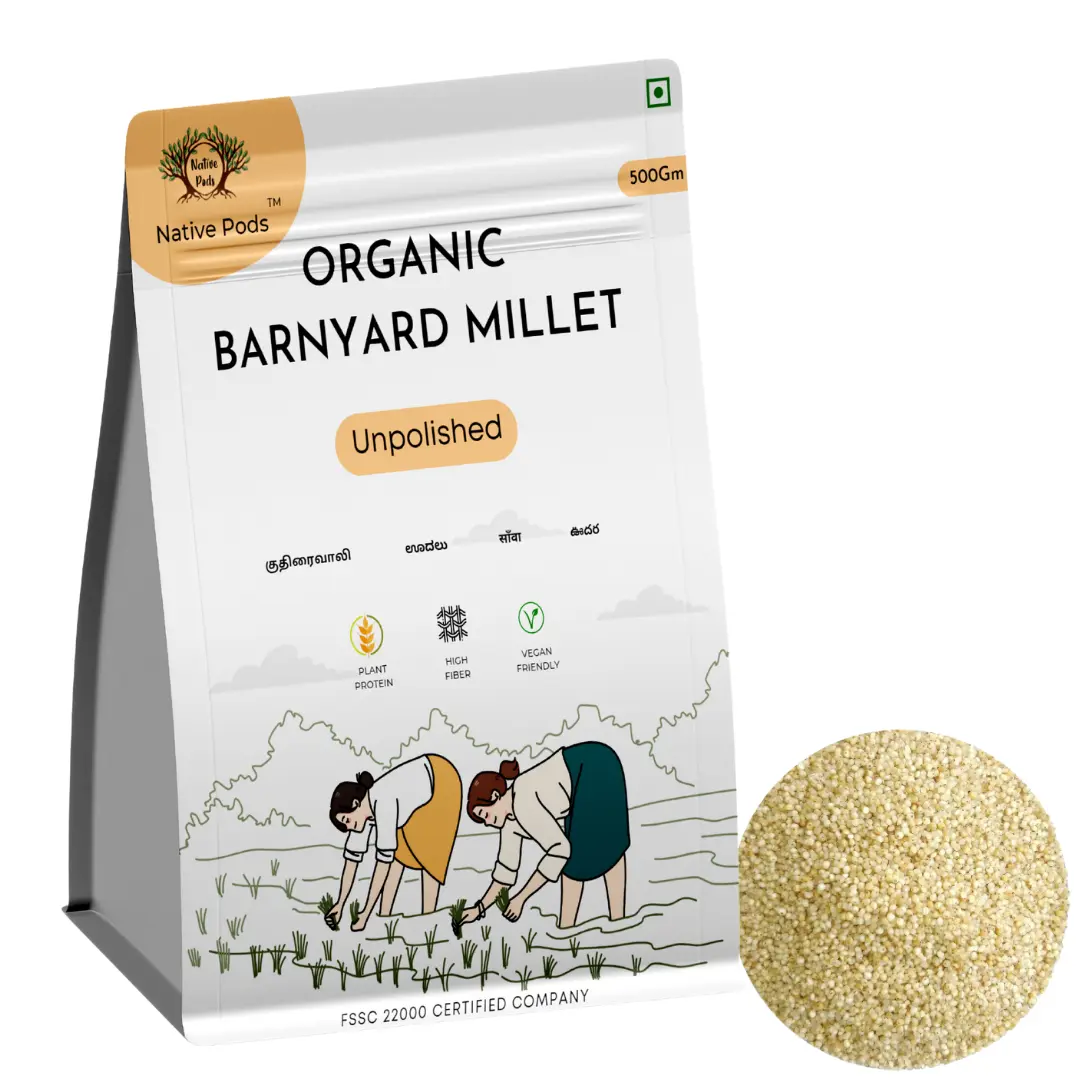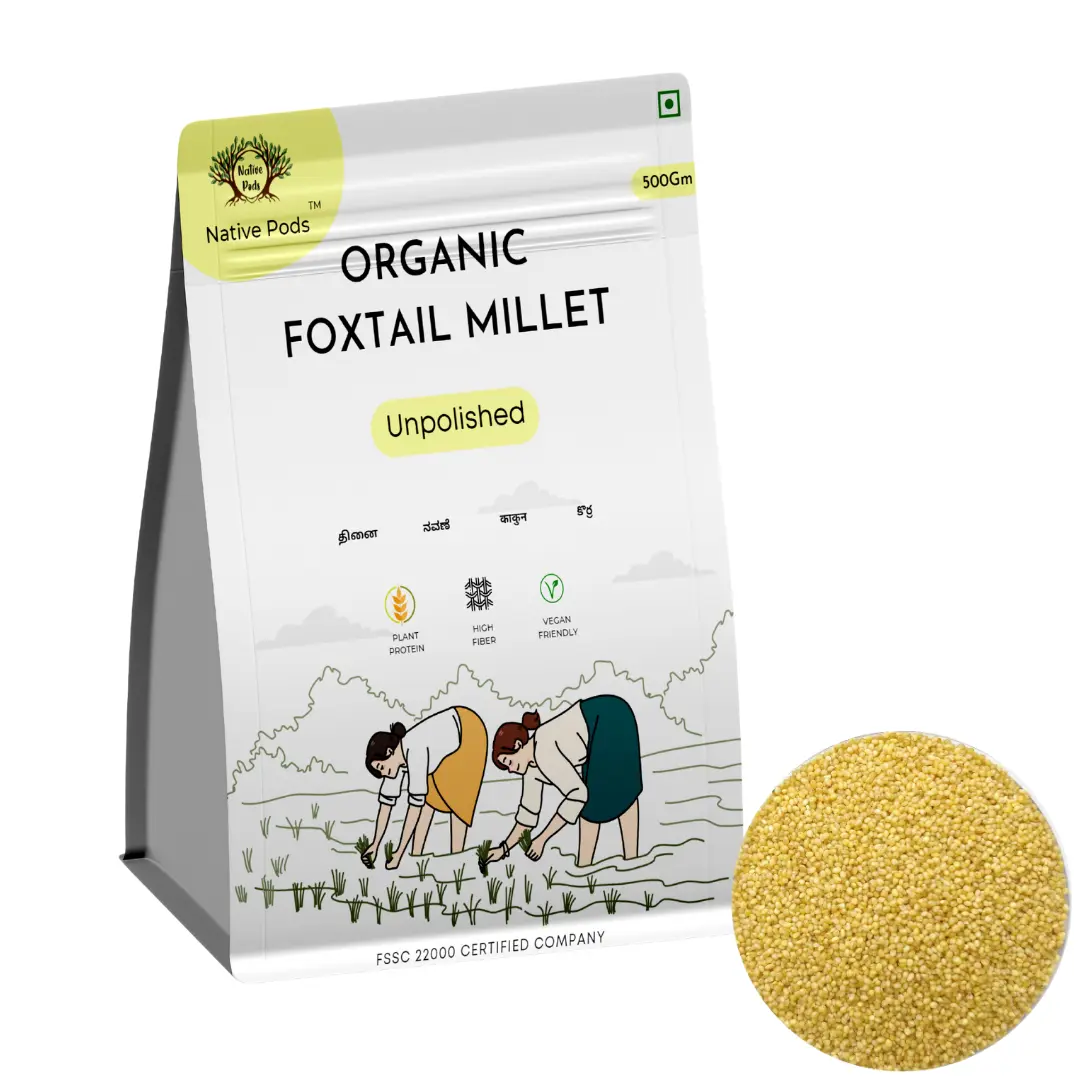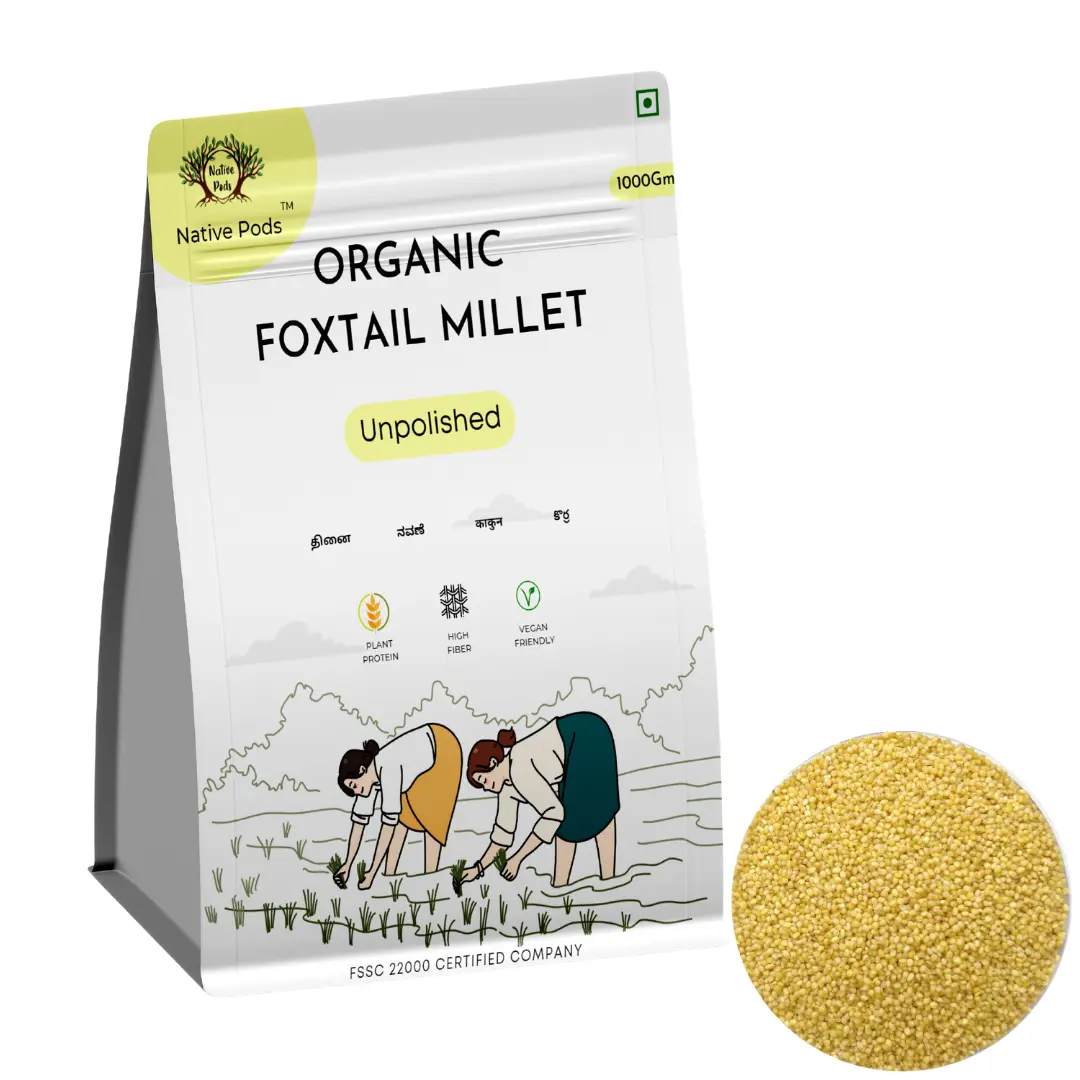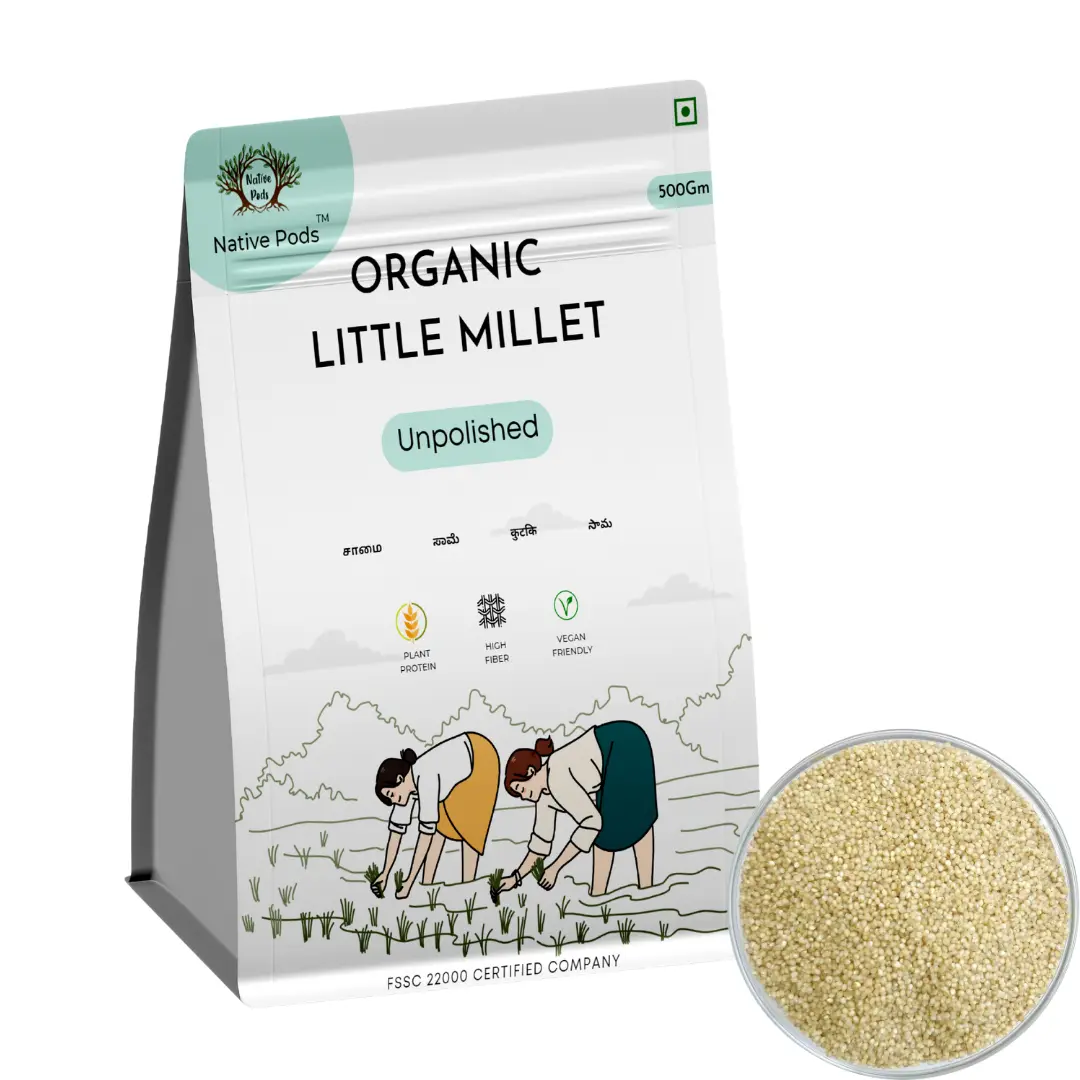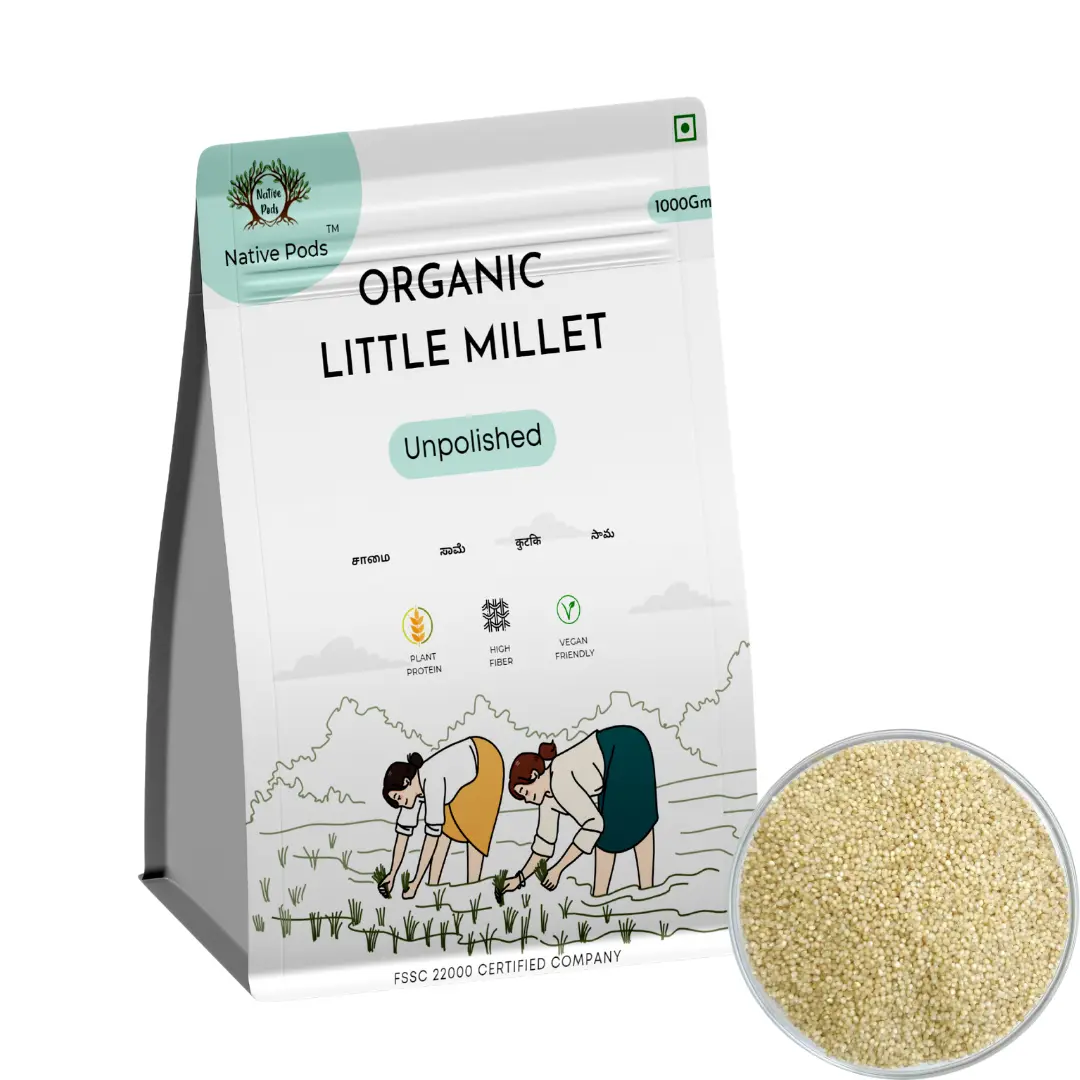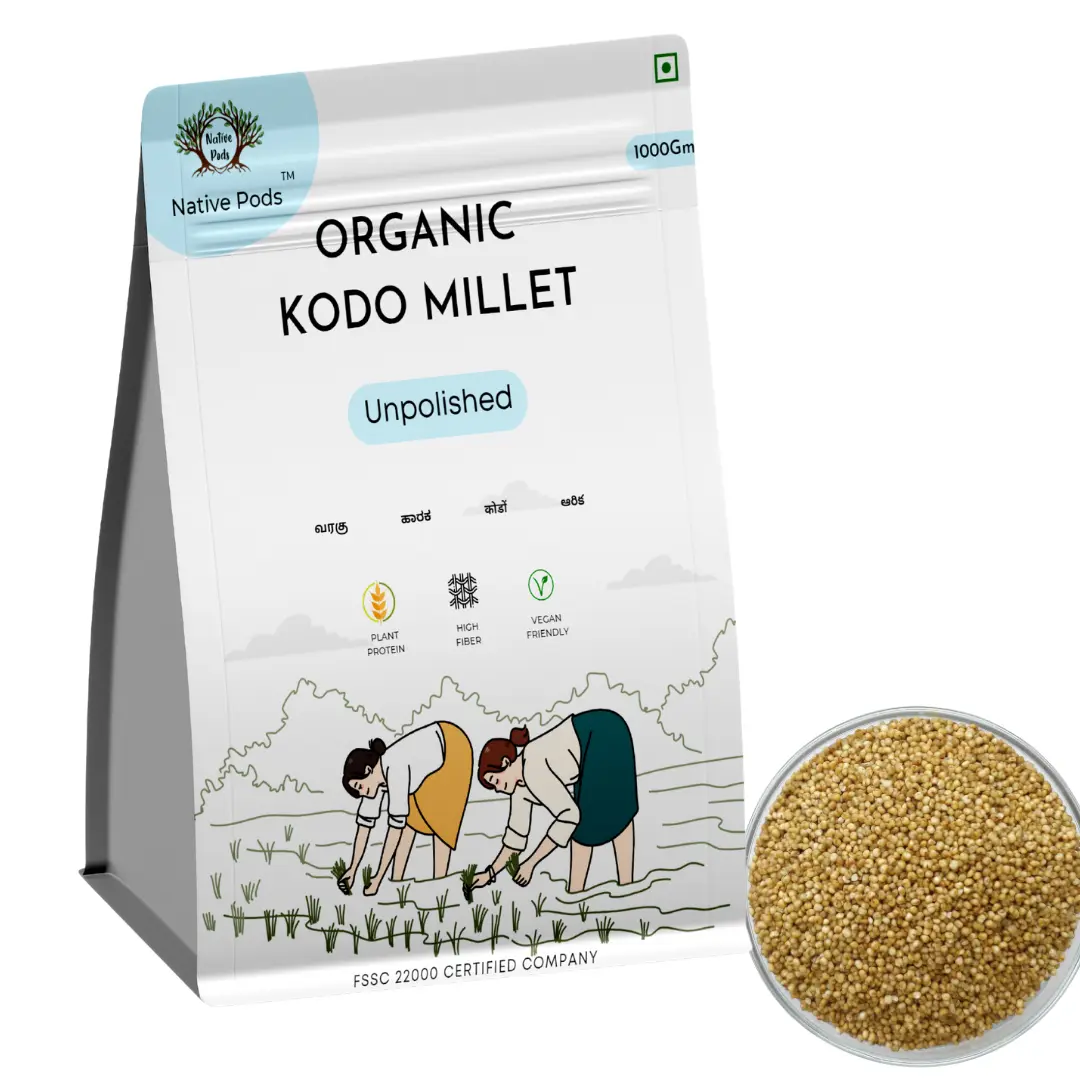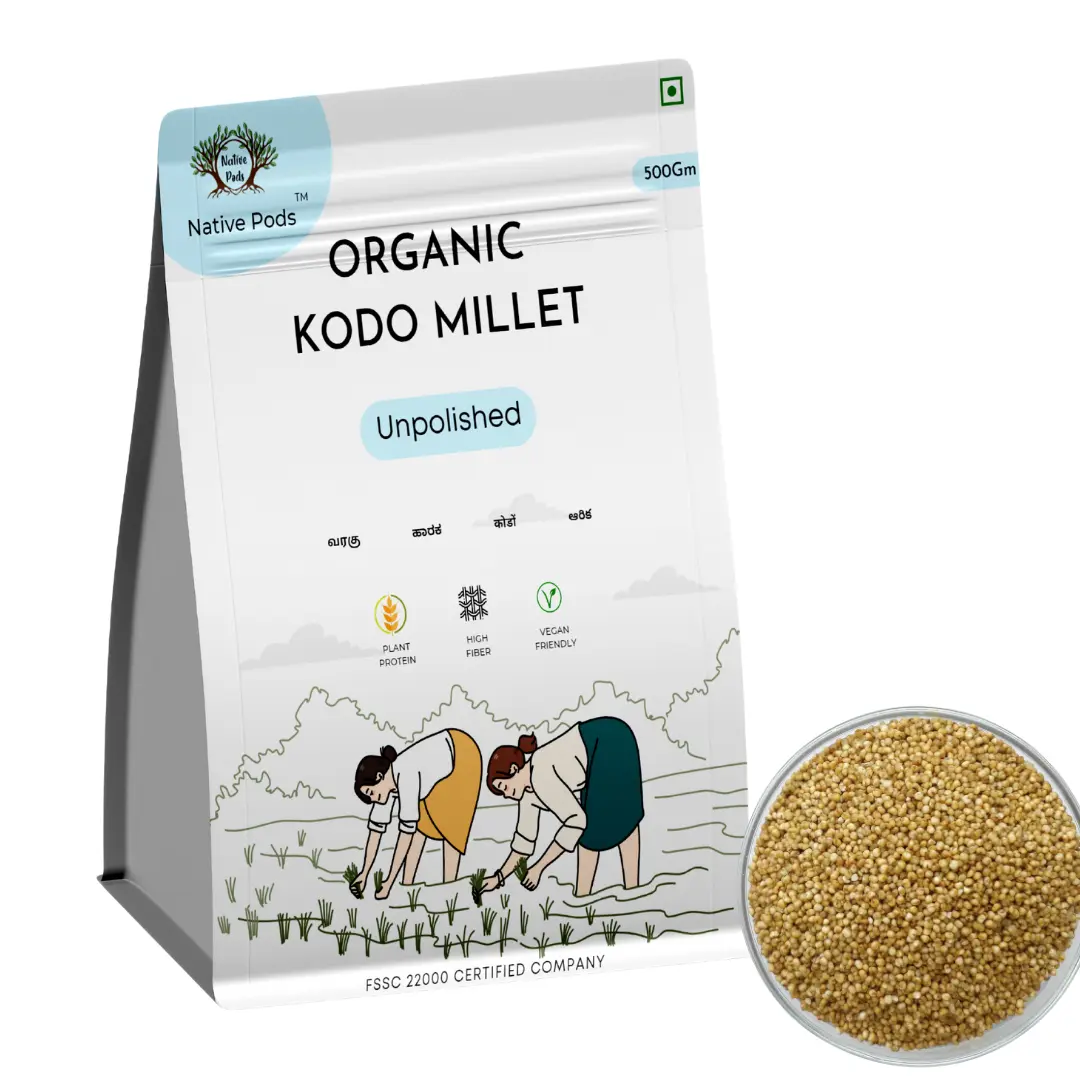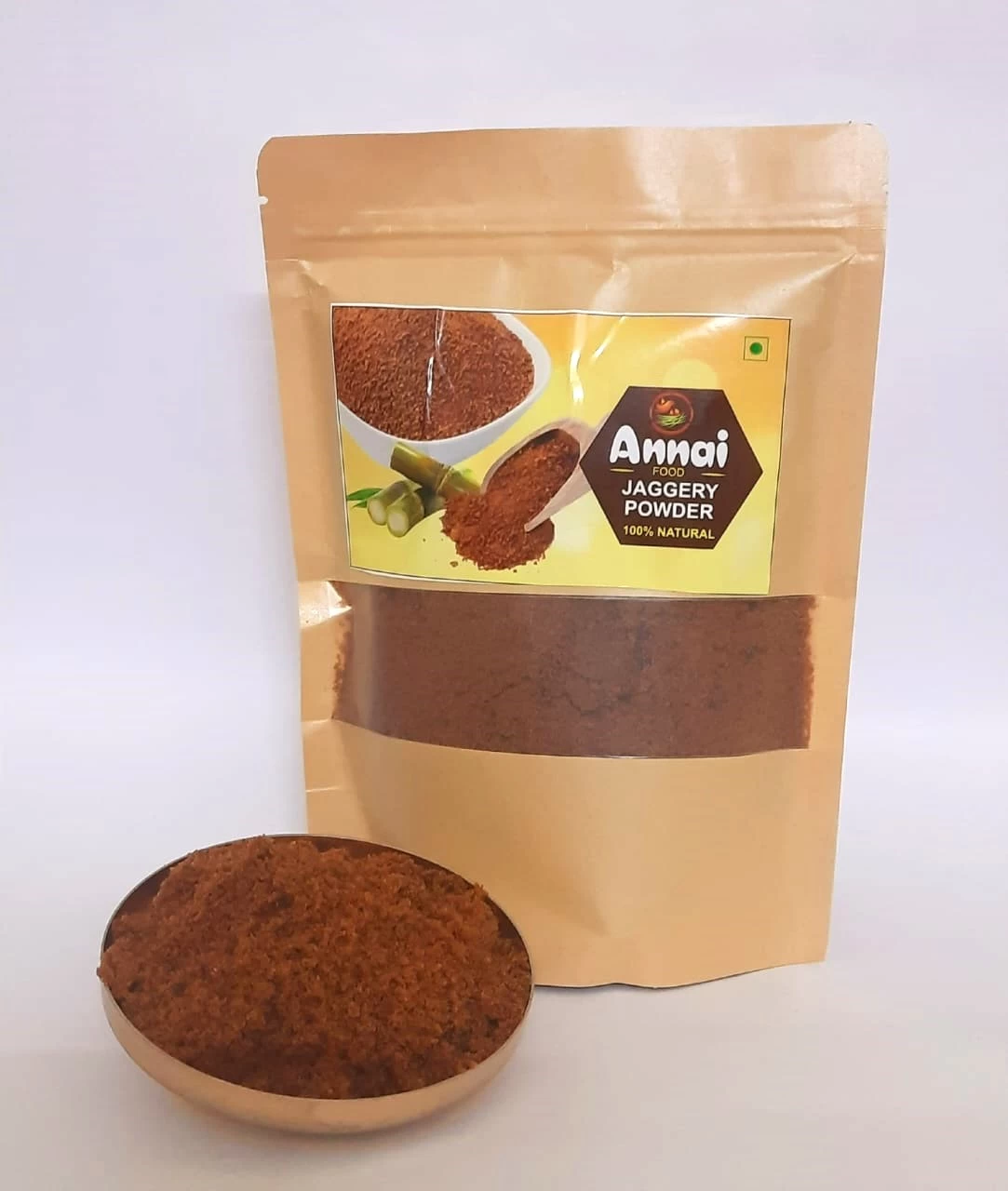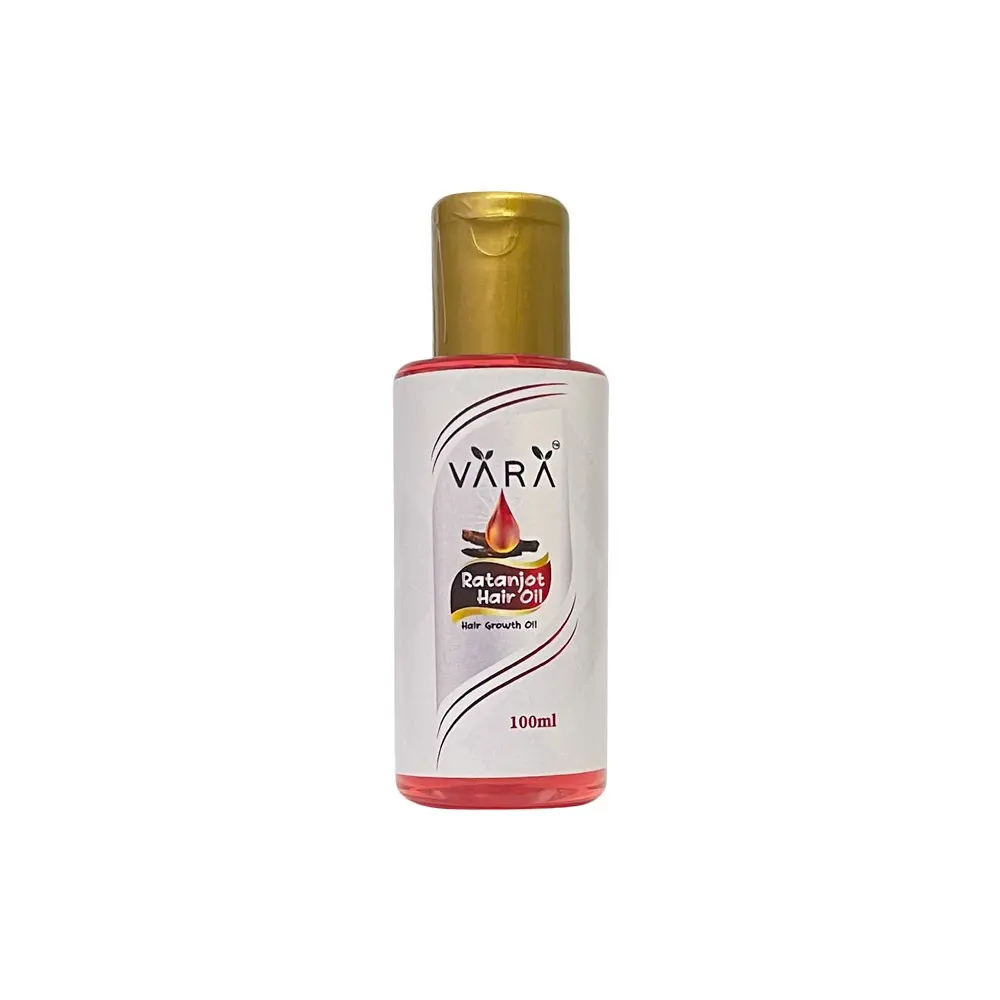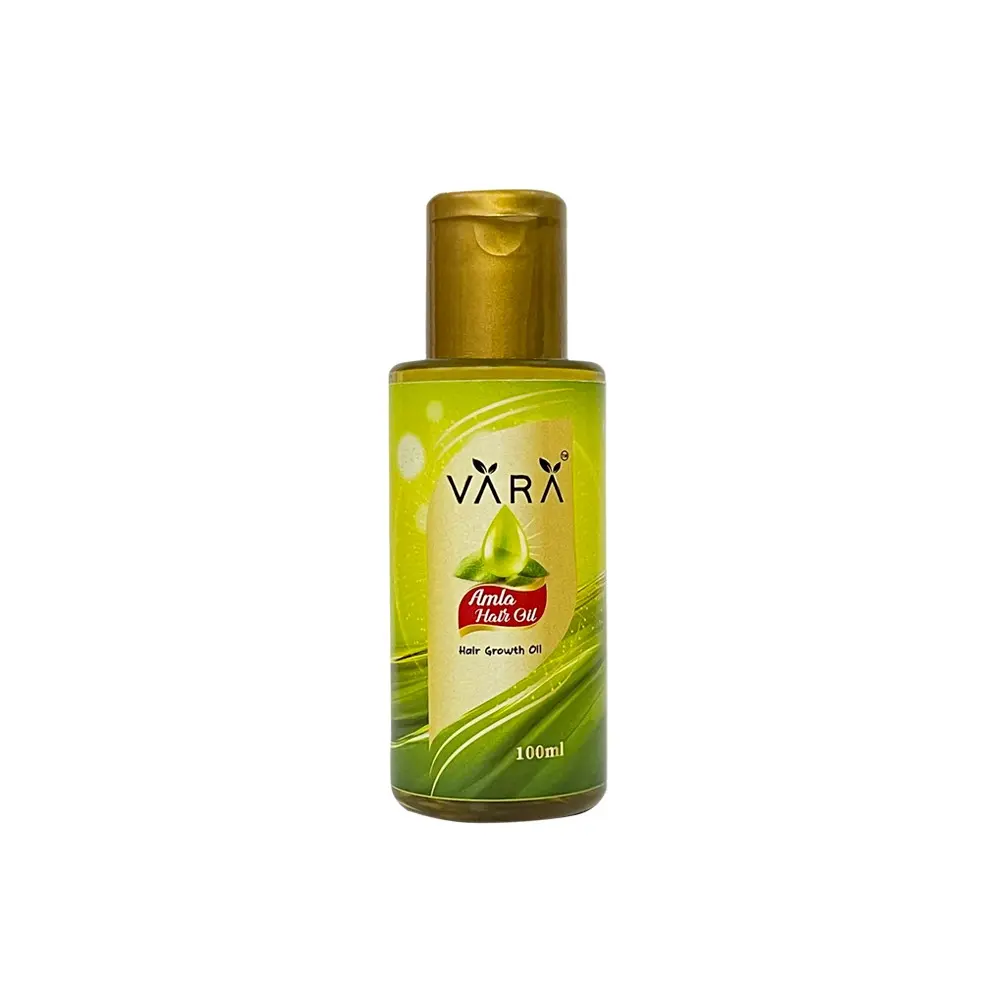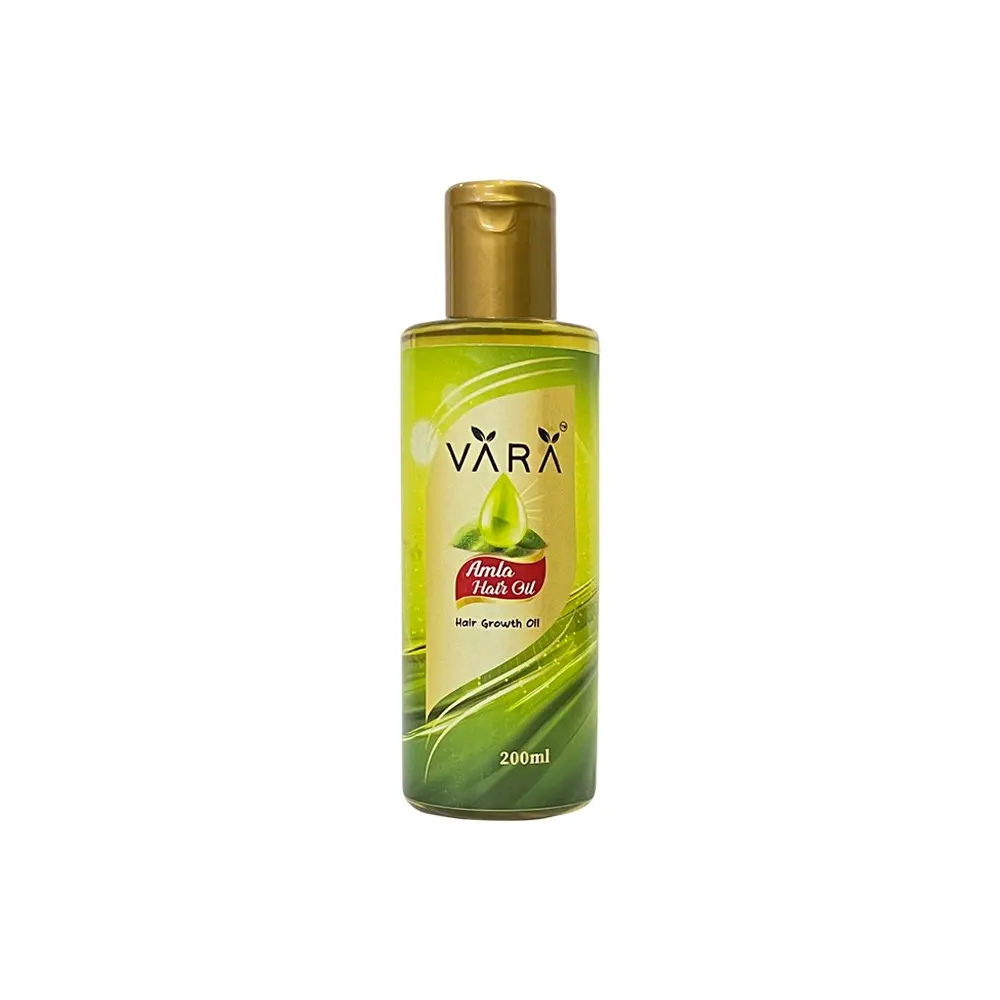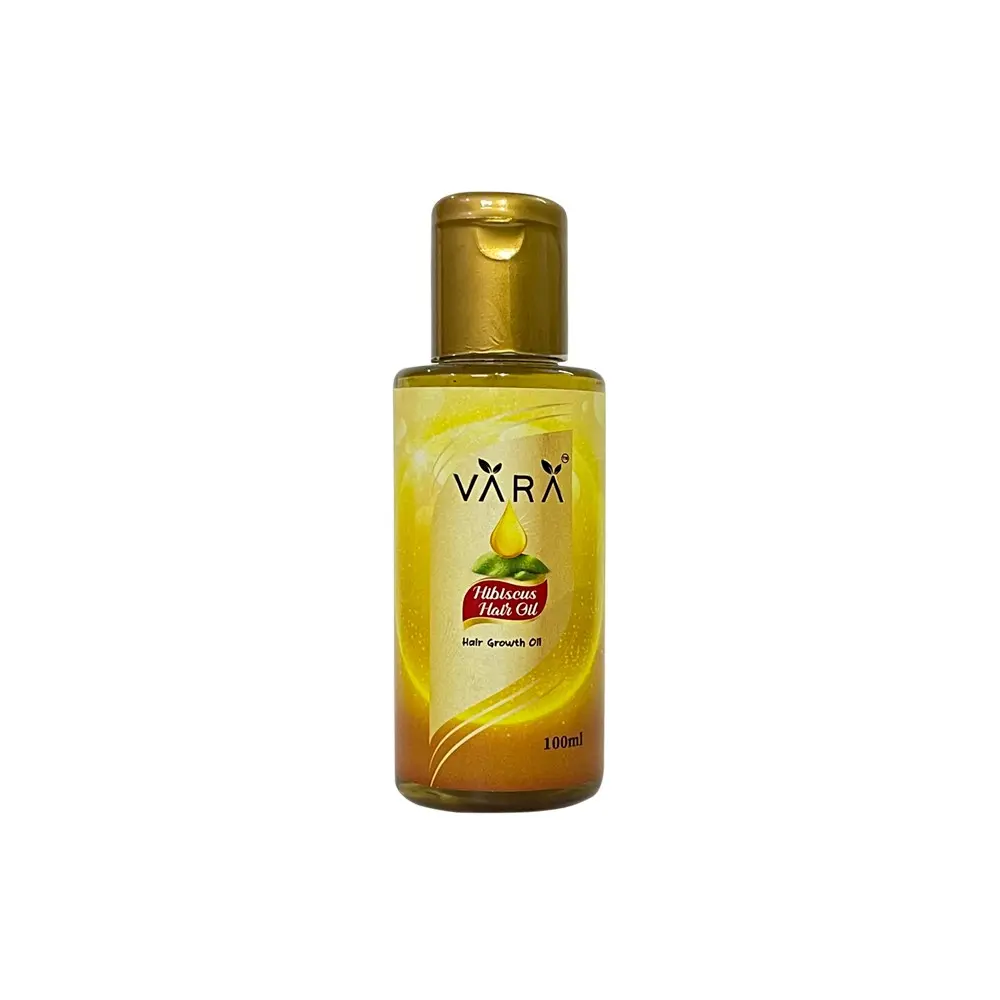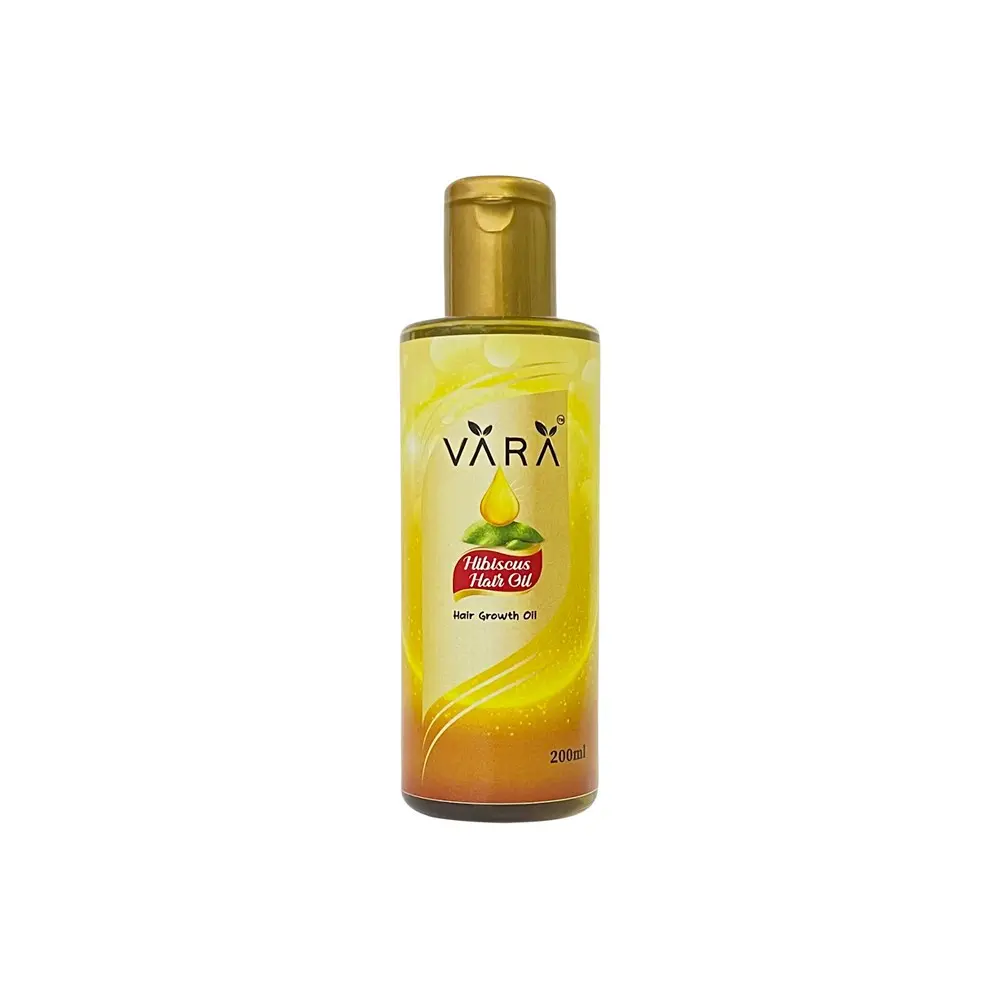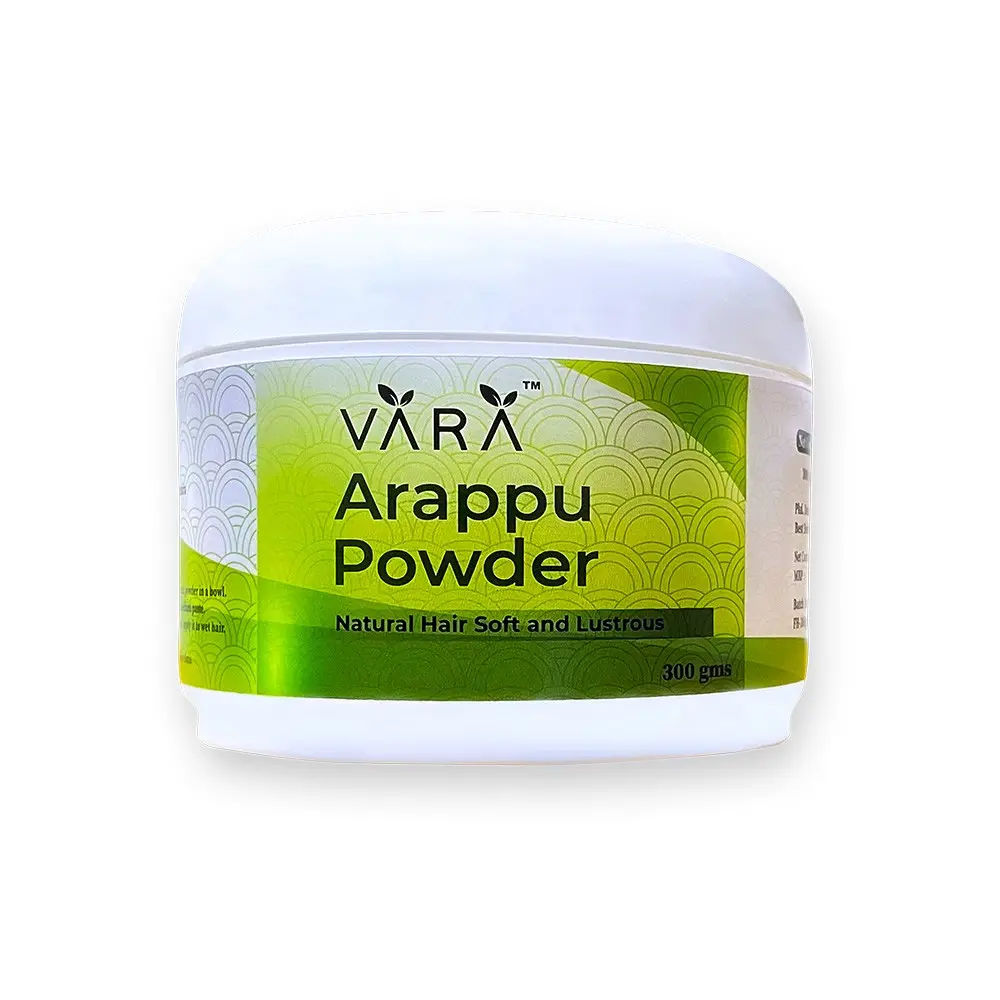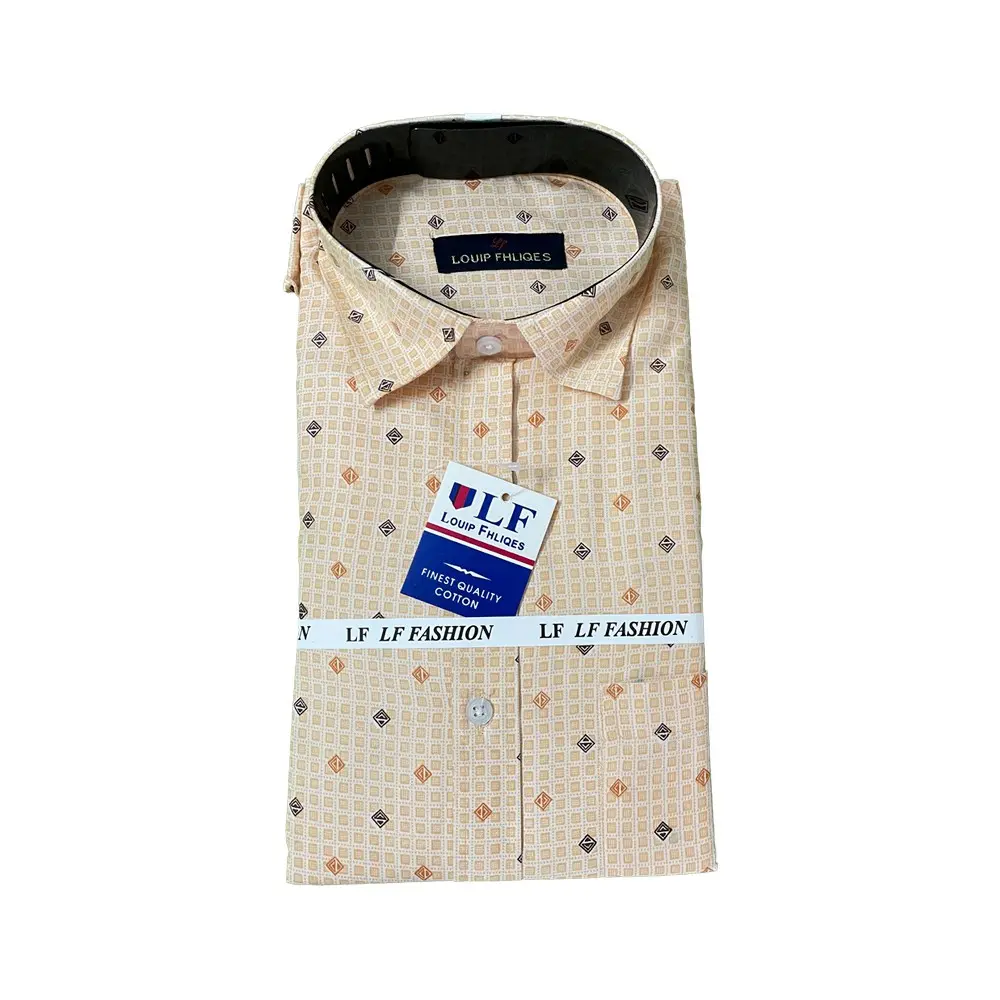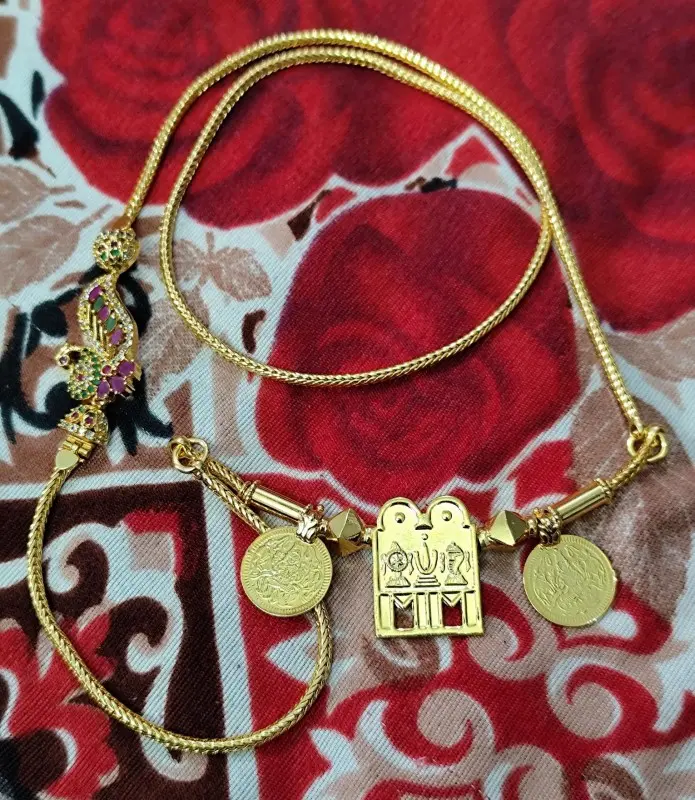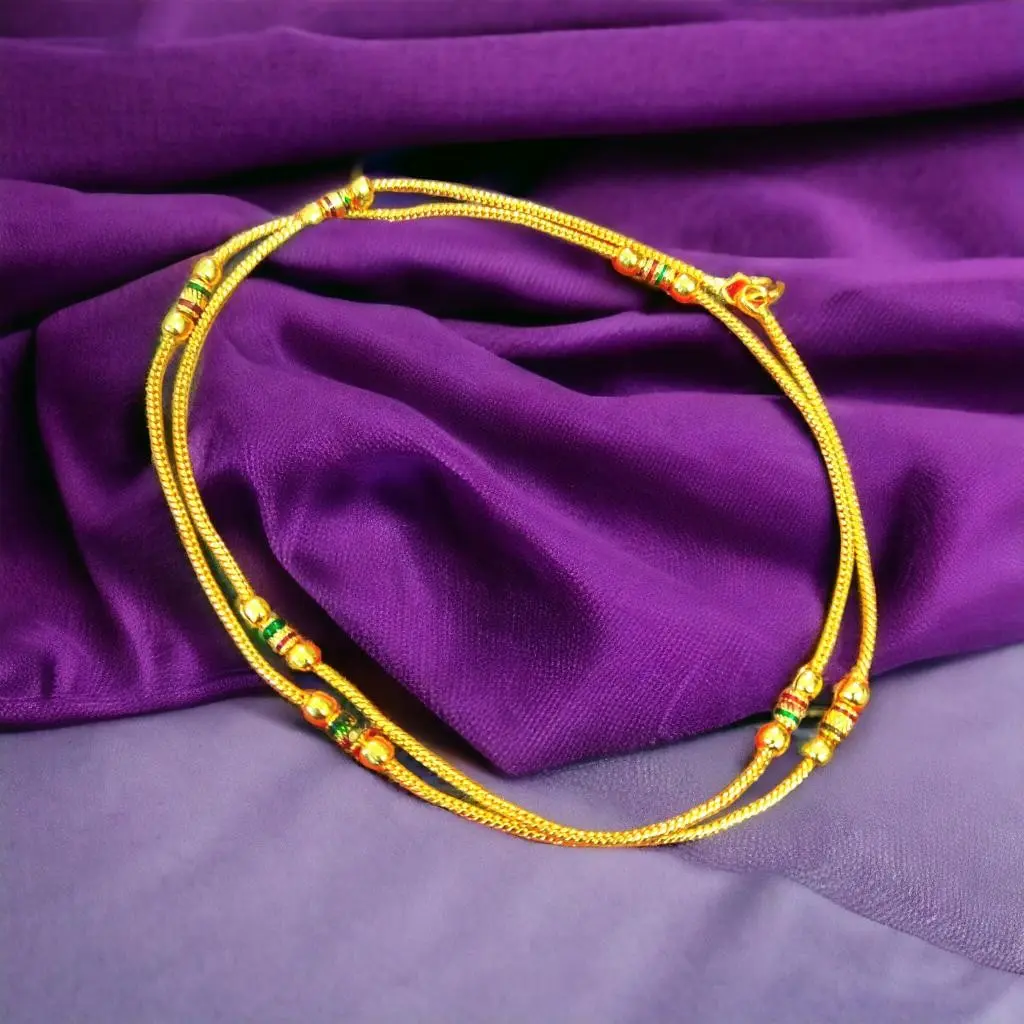Annai Food 1kg Whole Finger Millet (Ragi) - Healthy & Nutritious for t...
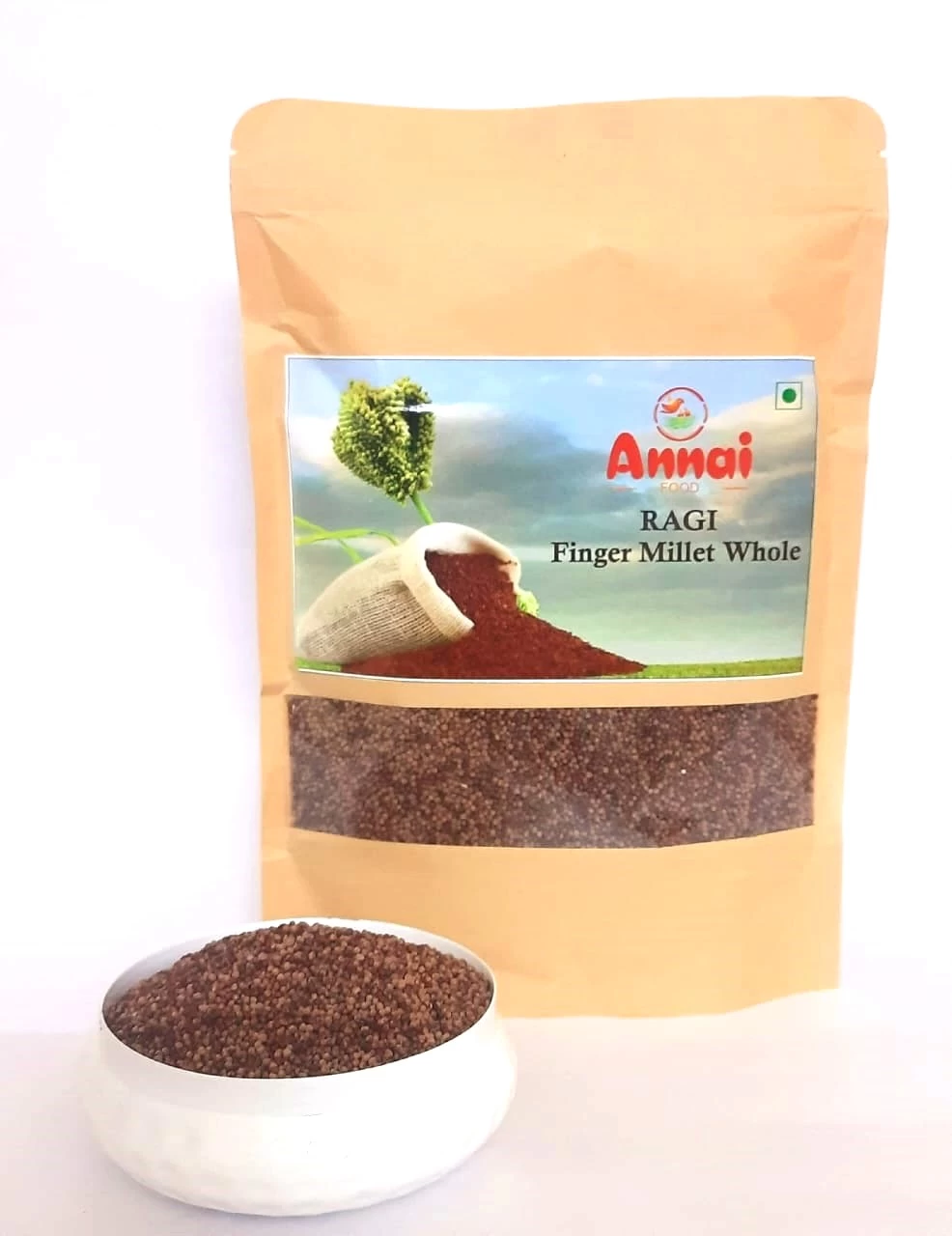

Annai Food 1kg Whole Finger Millet (Ragi) - Healthy & Nutritious for the Whole Family
Discount Price:
₹
/1
M.R.P: ₹399

Inclusive of all taxes
Sold by:
Annai Food
Delivered By Firsthub
Hub ID:
A007147
Country :
India
FSSAI No:
12423011000664
Ragi, also known as Finger Millet, is a small, round grain that is a staple food in many parts of Africa and Asia, particularly in India. It is scientifically known as Eleusine coracana. Ragi is a highly nutritious cereal, offering several health benefits. Here's some information about Ragi (Finger Millet Whole):
Key Features and Benefits:
Rich in Nutrients:
- Ragi is an excellent source of carbohydrates, fiber, and essential minerals such as calcium, iron, and magnesium.
- It is also rich in antioxidants and amino acids, making it beneficial for overall health.
Gluten-Free:
- Ragi is naturally gluten-free, making it suitable for individuals with gluten intolerance or those following a gluten-free diet.
Good for Bone Health:
- Ragi is an excellent source of calcium, which plays a crucial role in maintaining strong bones and teeth. It can be especially helpful for growing children and aging adults.
Promotes Digestion:
- The high fiber content in ragi helps in improving digestion and preventing constipation.
Good for Weight Management:
- Ragi has a low glycemic index, meaning it is digested slowly and helps maintain steady blood sugar levels. It is also high in fiber, which makes it feel filling and helps in managing weight.
Rich in Antioxidants:
- Finger millet contains polyphenols, which act as antioxidants, protecting the body from harmful free radicals.
High in Iron:
- Ragi is also rich in iron, which is beneficial for preventing anemia.
How to Use Ragi:
- Ragi Flour: One of the most common forms is ragi flour, which is made by grinding the whole grain. It can be used to make porridge, dosas, pancakes, or even cakes.
- Whole Ragi: Whole ragi can be cooked and eaten as a whole grain, similar to rice or quinoa. It can be used in salads, soups, or as a side dish.
- Ragi Porridge: A popular traditional dish made from ragi flour, milk, and sweeteners like jaggery or sugar. It is a highly nutritious breakfast option.
Storage:
Whole ragi grains should be stored in an airtight container in a cool, dry place. It is important to keep them in a dry environment to avoid spoilage.
Varieties:
Ragi is typically available in different forms:
- Whole Ragi: Raw, unprocessed grains.
- Ragi Flour: Processed form used for baking and cooking.
- Ragi Malt: A drink made from ragi, often mixed with water, milk, and sugar.
Show More
Show More
Similar products
Top Selling Products
Recent Views
Limited Offers
Customer Reviews
Let Us Know Your Thoughts
There are no reviews for this product yet.
Mobiles & Gadgets
Electronics
Home Appliances
Fashion
Beauty & Personal Care
Computers
Bikes & Cars
Books
Grocery
Health & Personal Care
Toys & Games
Sports
Luggages and Bags
Stationery Products
Garden & Outdoors
Gifts
Pet Supplies
Machinery Equipment
Home Made
View Firsthub





